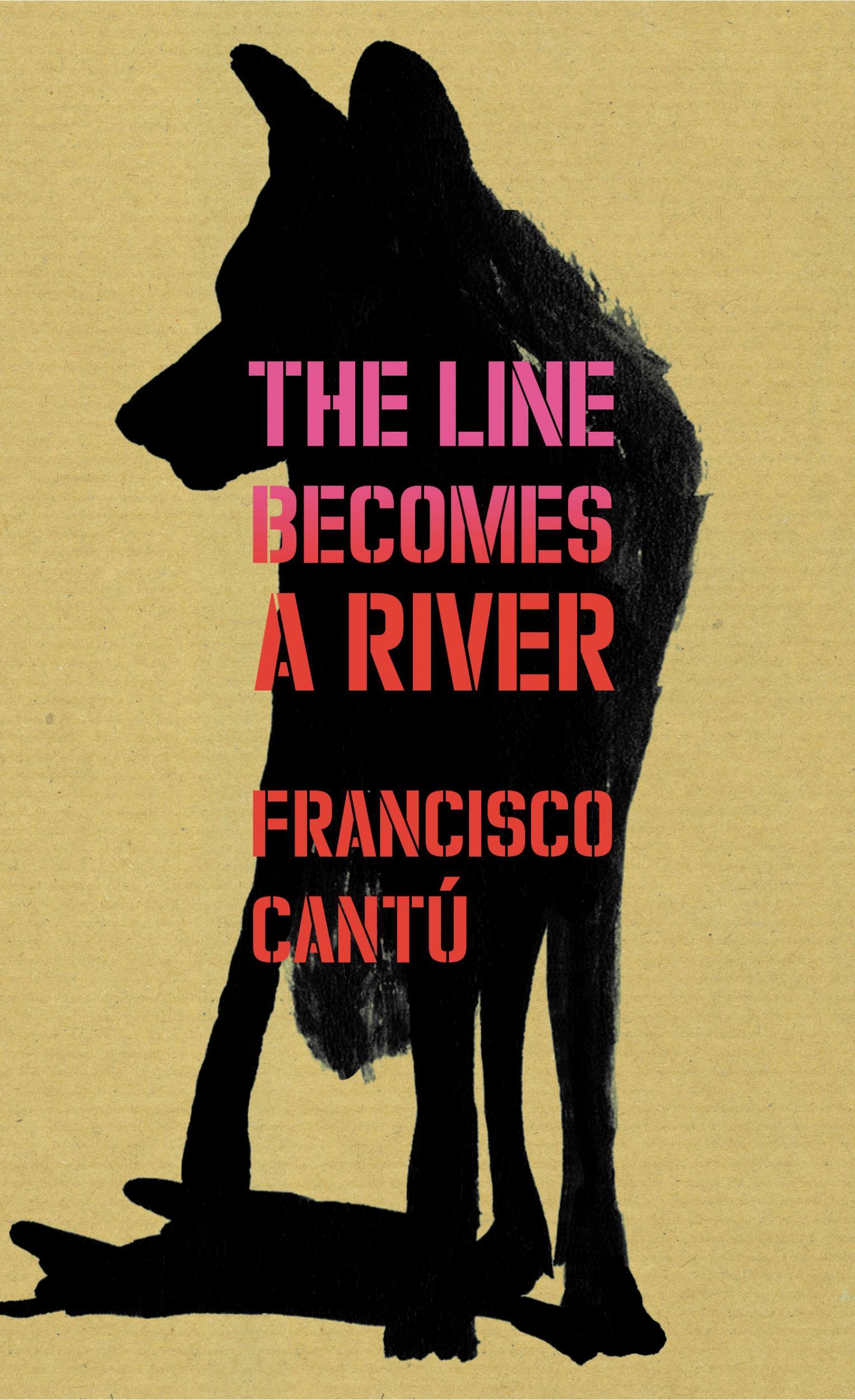The Line Becomes a River by Francisco Cantu, book review: Fascinating and heartbreaking
Cantu's experience as a US Border Patrol agent from 2008 to 2012 is detailed in his novel that offers a different perspective on the Mexican border

After studying international relations at university in Washington DC, Francisco Cantu makes the unlikely decision to join the US Border Patrol. He wants to link theory and practice, convinced that first-hand experience as a Border Patrol agent will provide him with unique insight.
As a third-generation Mexican-American who speaks fluent Spanish, he also believes he’ll be able to offer the “good people” who are crossing “some small comfort by speaking with them in their own language”. Fine, his concerned mother, a retired park ranger, warns him, “but you must understand you are stepping into a system, an institution with little regard for people”.
Cantu worked as an agent from 2008 to 2012. And although his account of these years in the fascinating and heartbreaking The Line Becomes a River is not an overtly political one, it’s impossible not to touch on the wider issues at stake – those that have only become more pressing in the age of Trump.
Initially, however, we’re presented with the physical story of the job. When it comes to Cantu’s day-to-day experiences tracking illegal immigrants and dope smugglers through the deserts and mountain ranges, never has terminology like “on the ground” or “in the field” been more appropriate. “Learn to read the dirt,” his trainer tells him. “It’s your bread and butter.”
Cantu presents snapshots of his experiences, mostly in the form of the people he apprehends. The two teenagers he finds lost out in the desert, dehydrated and disoriented, the third in their party – one of the boys’ uncle – already dead. Cantu has to explain to them that they can’t simply return to their village with the dead body, that there are procedures now in place. Or the man he takes back to the station to process for deportation who asks if there’s any work he can do while he waits: “I can take out the trash or clean out the cells. I want to show you that I’m here to work, that I’m not a bad person. I’m not here to bring in drugs, I’m not here to do anything illegal. I want to work.”
The black-and-white absolutes of good and bad come into play throughout the book. It’s the cartels and the coyotes (men who charge large sums to “guide” migrants across the border) vs “good” immigrants looking for better lives.
And understandably, faced with a steady stream of the latter, Cantu begins to question his role in the system. It’s only after he’s retreated from “the ragged heart of the desert” and a friend of his – a man who’s been in the US for 30 years, and is married with three sons – is caught making the crossing after returning from visiting his dying mother, that Cantu is forced to really consider his own complicity. “You are no longer severed from what it means to send someone back across the border,” his mother explains. “You know what is keeping him away, what keeps him from his family. It’s something close to you, something that has become part of you.”
‘The Line Becomes a River’ by Francisco Cantu is published by Bodley Head, £12.99
Subscribe to Independent Premium to bookmark this article
Want to bookmark your favourite articles and stories to read or reference later? Start your Independent Premium subscription today.

Join our commenting forum
Join thought-provoking conversations, follow other Independent readers and see their replies